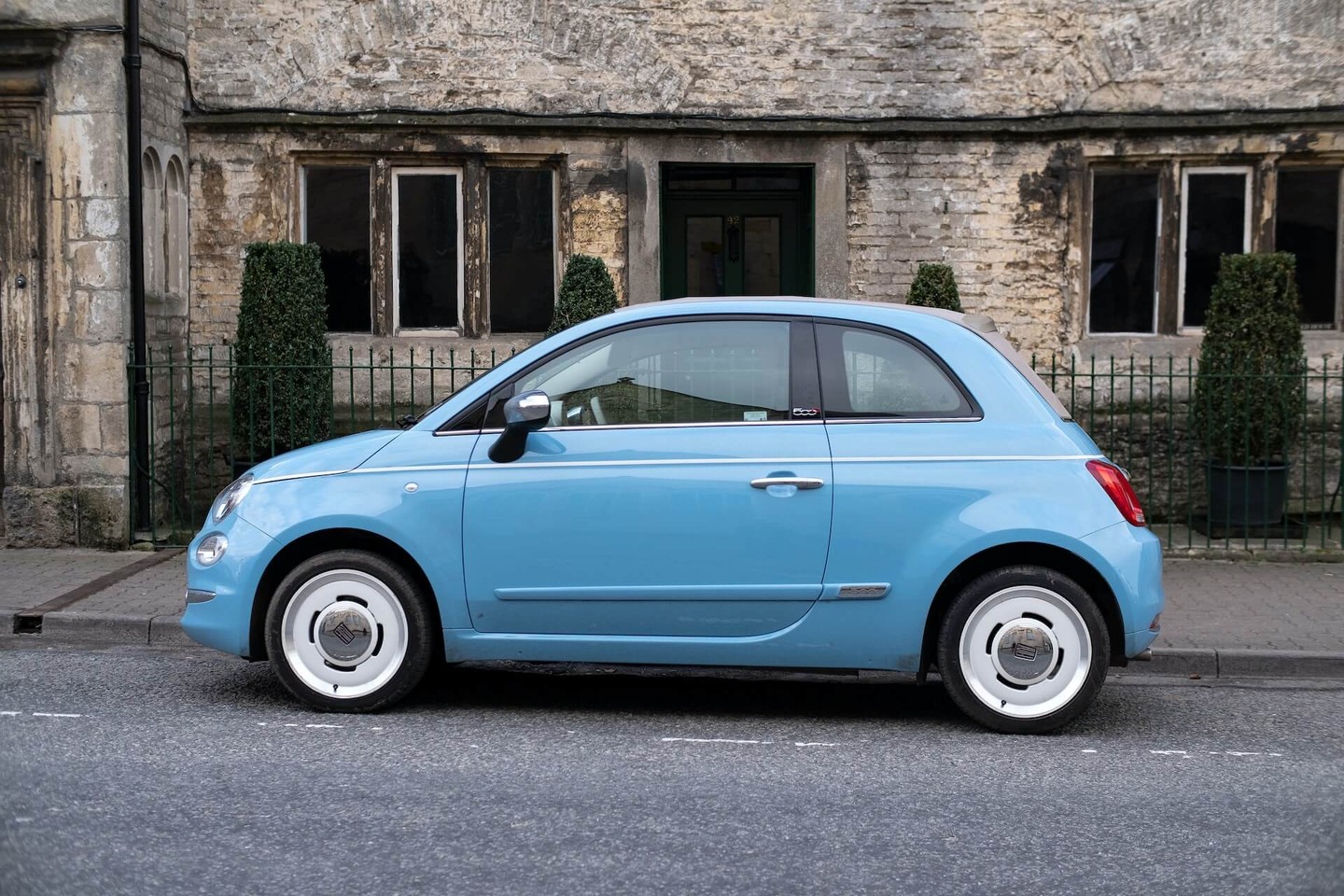In this article
Find out the truth behind these car finance myths
If you're confused about car finance, we can help. Here are most common car finance myths so you can buy your car with confidence.

In this article
Whether you're buying a car for fun, necessity or both, sometimes the most hardest part is choosing how to pay for it. Car finance is notoriously complicated and there are many commonly held beliefs that simply aren't true. Here we bust the most common myths.
With a less-than-sparkling credit history, you may still be able to borrow, but at higher interest rates. Consider saving for a larger deposit, and buying a cheaper car, so you will only need to apply for a smaller loan. This can help keep the payments more manageable.
It may also be easier to get a Personal Contract Purchase or a Hire Purchase if you have a lower score.
What car finance deals could you get? See your offers in your ClearScore account.
When you compare quotes on ClearScore, we run an eligibility check so that we can tell you how likely you are to be accepted. We do this by running a 'soft search' on your credit report, which doesn't harm your credit score.
Simply put, yes it is.
More than 80% of brand new car purchases involve some borrowing.
Typical car finance deals tend to last for one to three years, although hire purchase payments might be spread over up to five years.
Borrowing money for longer might be tempting because it makes your monthly payments lower. However, with a longer loan you will also pay more interest in total.
Consider the following representative examples from a lender on our panel:
If you were to borrow £10,000 at a nominal fixed annual rate of 3.4% per annum, representative 3.4% APR.
If borrowed over three years then your monthly repayments would be £292.35 and the total amount repayable would be £10,524.60.
Stretch the same loan over seven years then your monthly repayments would be £133.71 but the total amount repayable would shoot up to £11,231.64.
Again, if you’d like to cut the monthly costs, it could well be worth choosing a cheaper car, so you only need to borrow a smaller sum.
No, not necessarily. It’s worth comparing ways to borrow, and getting different quotes. Remember, the dealer will usually get commission from the finance company. This means if you opt for dealer finance, you may be able to haggle about different interest rates, discounts and extras like insurance, warranties and service agreements. With finance from a car manufacturer, you may even be able to get 0% deals and contributions towards the deposit.
In contrast, if you pay cash or borrow elsewhere, you’ll have less chance to haggle, so weigh up the total package.
When comparing borrowing the same amount for the same time, the key figure to consider is the annual percentage rate (APR), which is the interest you will pay when borrowing money for a year. Car dealers may focus on the monthly repayments, but it’s also important to consider the length of the finance package, the total you will pay overall, and any extra fees and charges. If you ask for quotes in writing, you can go away and compare the terms and conditions.
The FCA recently estimated that car finance lenders have charged consumers up to £300m a year in unnecessarily steep rates. So it’s more important than ever to do your research. You can see your car finance offers, tailored to your personal circumstances, in the 'Offers' section of your ClearScore account.
Lucy has a wealth of personal finance knowledge, and is one of our in-house experts.
